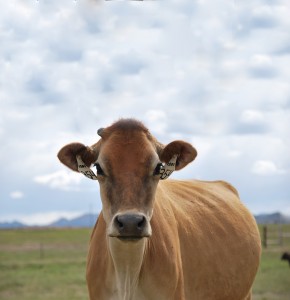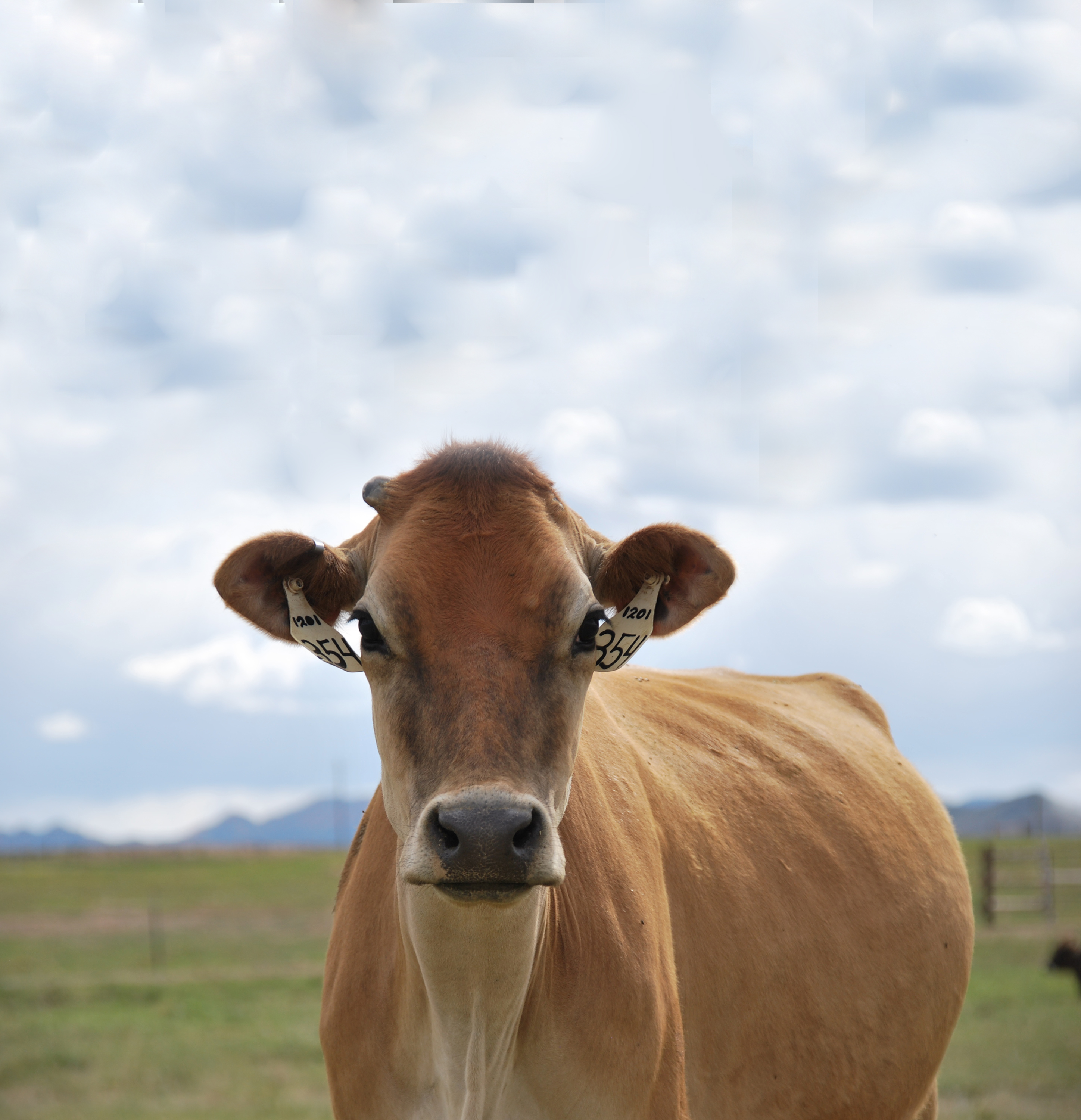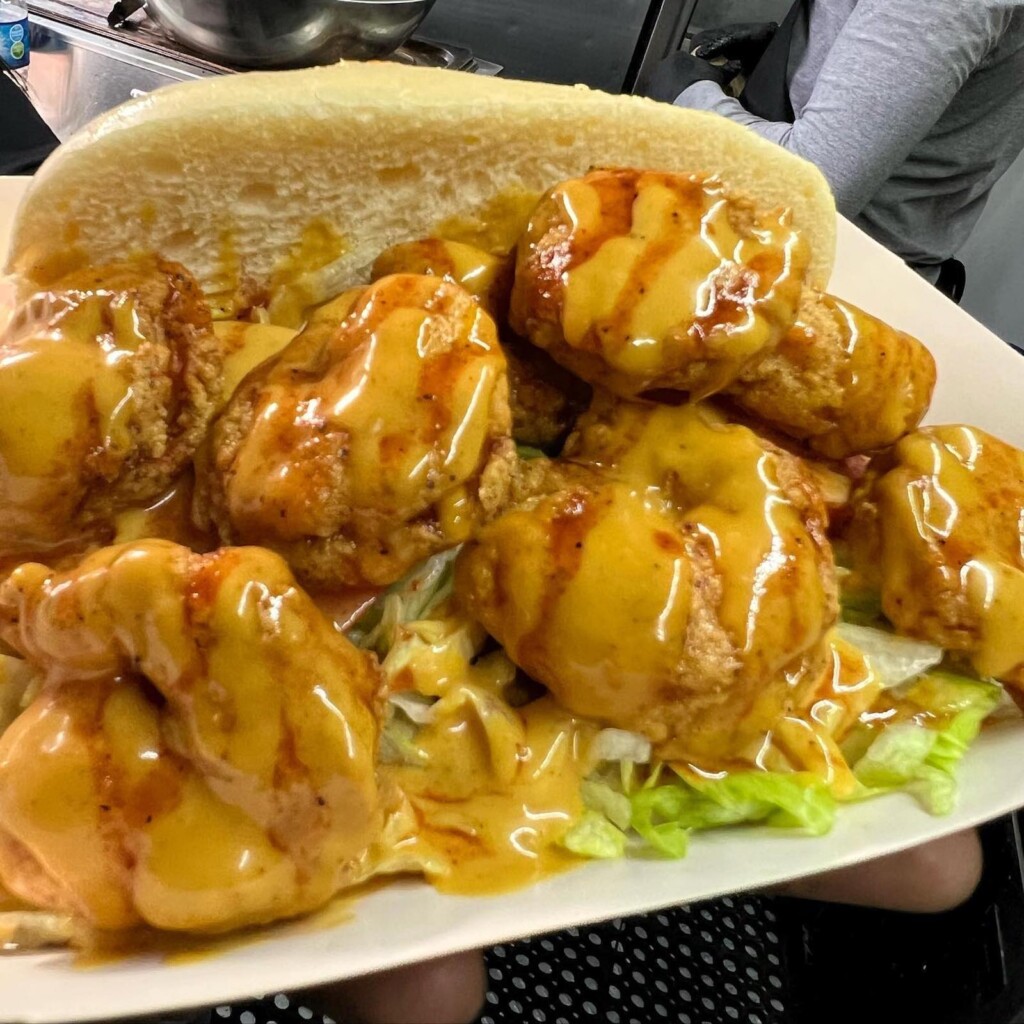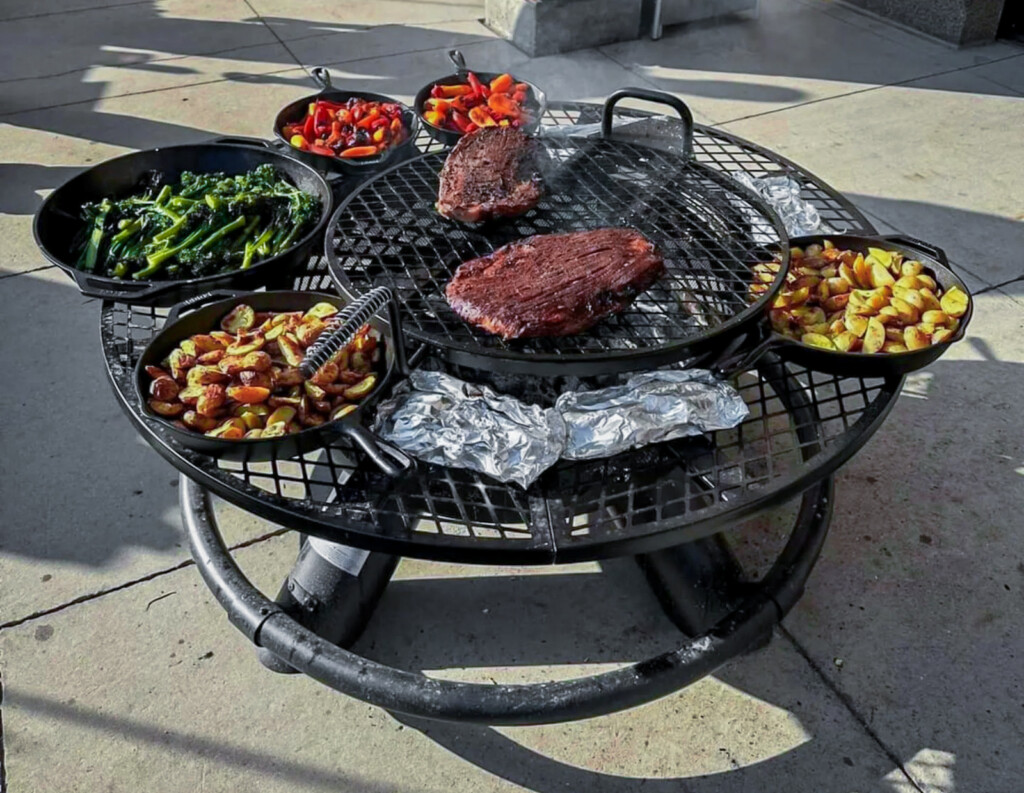 “There is no big solution,” says poet/farmer Wendell Berry, “only many small ones and we must build our economy from the ground up.”
“There is no big solution,” says poet/farmer Wendell Berry, “only many small ones and we must build our economy from the ground up.”
The rise of the farmers market is perhaps the best thing that has happened to food in decades. Since the 1950s, industrial farming — or its more insidious description, “factory farms,” has been on the rise and family farms have been dying. As a result, rural American has been in decline. Massive monoculture-intensive factory farm operations have resulted in poorer food quality, environmental catastrophes and public food-borne health disasters. Four million chickens were killed this April after on factory farm realized a bird flu outbreak.
It’s clear that these disasters are sneaking in despite FDA inspections and guidelines. Farmer/writer Joel Salatin blames the FDA and the USDA for many of the problems we find in our food today. He says it’s due to the excessive red tape and mandates that have caused so many farms to go monocultural and giant to survive, leaving family farms to fail.
But as found in this issue, there is a growing number of young people entering farming who are ready to shift the paradigm. There are more urban farms, micro farms and innovative entrepreneurs who are entering farming with the mindfulness and creative power of a start-up venture. “Micro, low-cost, low start-up, high-diversity, high productivity farms are taking on a major role in rebuilding our food security,” says activist and writer Severine von Tscharner Fleming.
The Williamson Act, which recently passed in California, allows marginal, blighted or underutilized lands within an urban boundary to be rented to commercial farmers. If they allow the farmer a five-year lease, property taxes are waived. With all of the empty fallow lots, abandoned buildings and demand for local food, Utah should pass its own Williamson Act.
The rise of CSAs and farmers markets represents a shift in consumer demand for healthy, local, organic food. Shoppers desire a connection with the people who grow their food and want to see where their food is coming from and how it’s produced. In this spirit we offer our second annual farm issue of Utah Stories.
We highly recommend reading:
The Omnivore’s Dilemma, Fast Food Nation and Folks, This Ain’t Normal. Those interested in pursuing farming as a possible career might consider, The Market Gardener. These excellent books are driving the rebuilding of our economy from the ground up.






